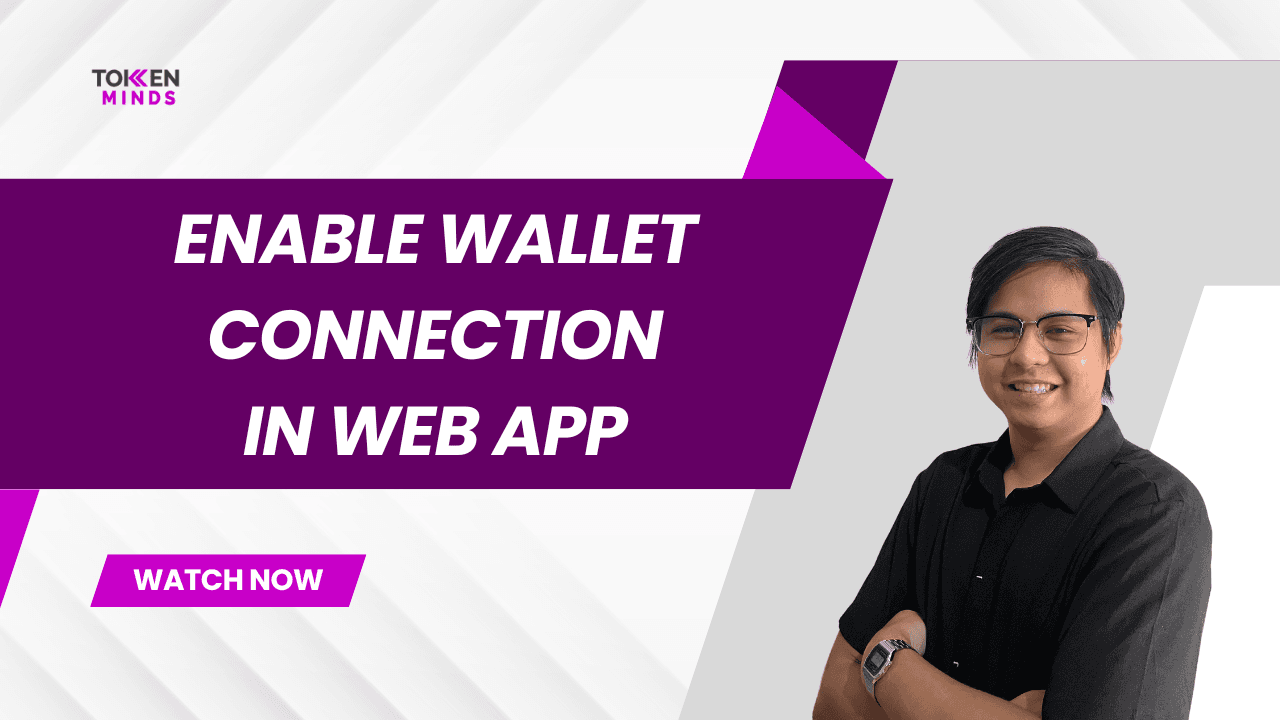In our previous post, we explained why smart contracts are critical for DeFi applications. In this post, we go deeper and attempt to figure out which Smart Contract Platforms you should choose for your blockchain development project.
What are smart contracts? A smart contract is a digital contract that facilitates an agreement and sometimes an exchange between two parties. It can be used to support crowdfunding, NFT auctions, multi signature wallets, and more.
Smart contract platforms allow organizations to build and deploy dapps. From trade finance to insurance to construction, smart contracts can streamline operations in many industries that rely on contractual relationships.
Examples of Smart Contract Applications
Here are a few examples of smart contract applications in various industries.
Tracr: Created by DeBeers, Tracr is a blockchain based project that helps with diamond traceability. It utilizes smart contracts to help track the production processes and traceability of the diamonds supply chain.
Smart bond: Swiss Bank UBS recently launched a new solution called “smart bond”. It is a self paying instrument that utilizes smart contracts to enable people to make risk free micro transactions.
Applicature: Applicature is a blockchain application that focuses on fostering data integrity. It employs smart contracts to enable patients to access transparent, secure records of their health data.
Ascribe: It’s a digital art platform that enables smart contracts to obtain secure ownership and authorship of digital artwork. As a result, the platform helps prevent the theft of artworks. It also creates an ethical way to pay digital artists.
If you would like to build a robust smart contract application for your business but have no idea where to start, get in touch with a reputable blockchain development company like TokenMinds for assistance.
Smart contracts in financial services
The following are some of the best use cases of smart contracts in financial services:
Error free processing of insurance claims: Smart contracts enable easy filing of claims. It makes automatic validation of insurance claims possible. That reduces the risk of compensating for fraudulent claims by the financial institution.
Real-time remittance: Smart contracts ease payment processing allowing real time fund transfer while maintaining accuracy and transparency.
Transparent auditing: Blockchain based smart contracts enhance the transparency of records stored while eliminating any possibilities of infiltration.
Streamlined KYC process: A smart contract system makes it easier for banks/financial institutions to verify customer identity before offering a loan or engaging in other transactions with an individual.
Accurate contracts: They provide smart contracts backed transactions, which are transparent and self executable. This service reduces the chances of error by eliminating human intervention.
Smart contracts blockchain supply chain
There are currently many organizations developing smart contract applications in the supply chain.
Trazable, a Spanish startup, has built a platform that uses blockchain smart contracts to enable real time traceability in the food industry. Customers can therefore see detailed information such as sourcing and packaging. It helps to reassure customers about the quality and safety of the products they purchase.
ChainGo is another Spanish startup selling its blockchain and smart contract platform to the container shipping industry after running successful pilots with maritime transportation companies.
Meanwhile, IBM has been working with several partners, including logistics firms, producers, and retailers, to track and secure their global supply chains through its Food Trust solution. The platform utilizes smart contracts to keep track and share data related to food production, package, and shipment.
Smart contract platforms: Best blockchain for smart contracts
The smart contract platforms charge fees that vary from the amount of power input to execute and deploy the smart contracts.
Below are some of the best blockchain platforms that offer smart contracts functionality for companies and developers:
Ethereum: Arguably the world‘s leading smart contract platform, Ethereum is the top choice for most developers. Ethereum offers standardization and supports for smart contract development on its platform. For instance, Ethereum has its smart contract programming language – Solidity. It is not only improving the industry standardization but also makes setting up contracts easy.
Hyperledger Fabric developed a permissioned blockchain infrastructure together with IBM. It facilitates the execution of smart contracts for enterprise applications. That makes it the go-to choice for companies who wish to create smart contracts while complying with data protection laws that require them to be known.
Stellar is an excellent choice for building smart contracts to facilitate international payments due to superior speed and security features. Stellar is simpler and easier to use than Ethereum but perhaps not suitable for more sophisticated smart contracts for Dapps.
Other popular blockchain smart contract platforms to consider for your business include.Cordais an open source blockchain platform for businesses. It is important to note that R3 Corda smart contracts are legally bounded, different than other smart contract platforms.
Tezos’ smart contracts are one of the most secure ones in the industry because the platform supports formal verification. Tezos guarantees that smart contracts will execute exactly as intended. So, every smart contract is audited before deployment.
Solana is a high performance blockchain for building scalable smart contract applications. Given its unparalleled scalability and transaction speed, Solana is one of the best choices for a massive decentralized exchange or any other project that needs consistent performance regardless of the network load.
Polygon is a protocol and a framework that helps to build and connect Ethereum-compatible blockchain networks.
EOS is a decentralized blockchain, which can process fast and free transactions.
Find a smart contract developer
If you are planning to create a smart contract then you will need great developers. A reliable smart contract developer can help you design and build secure and scalable apps and smart contracts on the platform of your choice. You can find expert smart contract developers who have experience with top smart contract platforms like Ethereum, Solana, Hyperledger Fabric, etc. here at TokenMinds.
Contact our team to get started.







